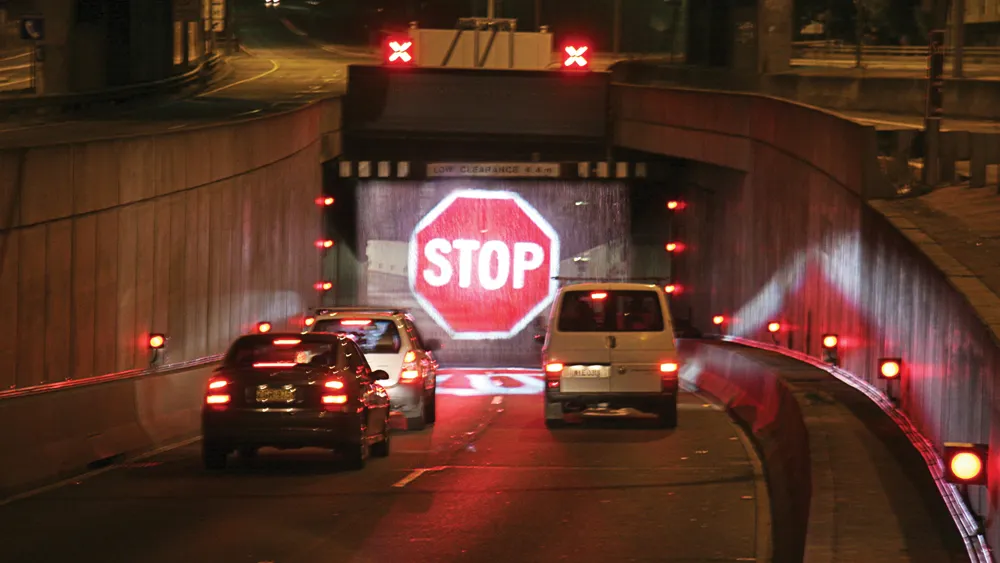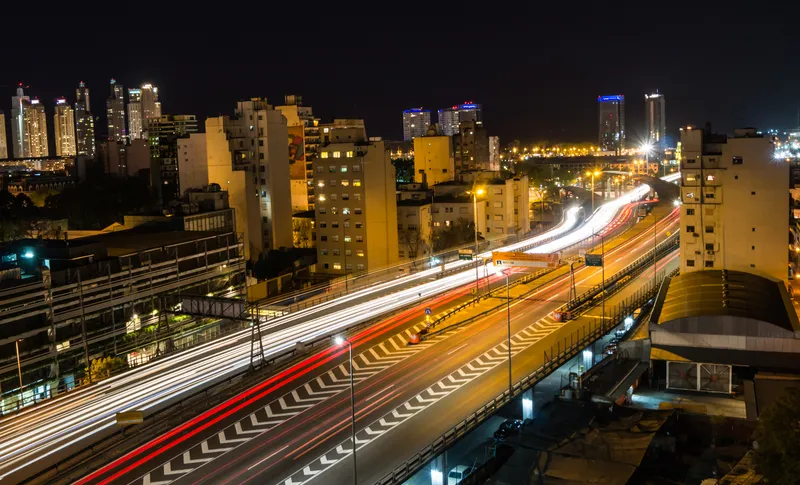Eton Community Association has commissioned the charity, the Outdoor Trust, to develop a promotional Walkway for the town in Berkshire in the UK. In advance of the launch in spring 2017 two Eco Pyro pedestrian counters, supplied by UK company Traffic Technology, have been installed in the town to study footfall along the High Street.
Results indicate that on most days people are using the bridge as the main gateway to the town but that only 60 per cent of people crossing the bridge travel the distance o
December 16, 2016
Read time: 2 mins
Eton Community Association has commissioned the charity, the Outdoor Trust, to develop a promotional Walkway for the town in Berkshire in the UK. In advance of the launch in spring 2017 two Eco Pyro pedestrian counters, supplied by UK company 561 Traffic Technology, have been installed in the town to study footfall along the High Street.
Results indicate that on most days people are using the bridge as the main gateway to the town but that only 60 per cent of people crossing the bridge travel the distance of the High Street during the week and at weekends this reduces to 30 per cent.
It is hoped that once launched the Eton Walkway, which connects 18 points of significance over a two-mile walk and takes approximately one hour to complete, will entice people to explore further and stay longer to enjoy more of the historic town.
The weather- and vandal-proof Pyro Box Compact uses the patented Eco-counter Pyroelectric sensor which uses passive infrared technology to count pedestrians passing within range of the sensor by detecting their body temperature. The narrowness of the detection area ensures that even two people following each other closely will be counted. For wider walkways, two lenses can be installed facing in opposite directions.
Eton Community Association will be closely monitoring the impact of the walkway and both Eton Town Council and local traders are also planning to use the data to analyse the impact of other events and activities.
Results indicate that on most days people are using the bridge as the main gateway to the town but that only 60 per cent of people crossing the bridge travel the distance of the High Street during the week and at weekends this reduces to 30 per cent.
It is hoped that once launched the Eton Walkway, which connects 18 points of significance over a two-mile walk and takes approximately one hour to complete, will entice people to explore further and stay longer to enjoy more of the historic town.
The weather- and vandal-proof Pyro Box Compact uses the patented Eco-counter Pyroelectric sensor which uses passive infrared technology to count pedestrians passing within range of the sensor by detecting their body temperature. The narrowness of the detection area ensures that even two people following each other closely will be counted. For wider walkways, two lenses can be installed facing in opposite directions.
Eton Community Association will be closely monitoring the impact of the walkway and both Eton Town Council and local traders are also planning to use the data to analyse the impact of other events and activities.









